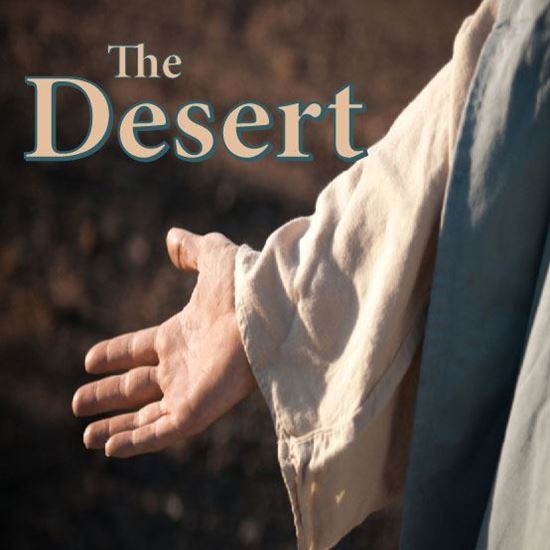
Desert
Here is an inspired dramatization of the temptation of the Christ in the wilderness. It sets forth the clash between absolute goodness and diabolical evil as personified in the main characters, Yeshua, the Hebrew version of the name Jesus, and Satan, the Prince of Demons and god of this world. This one-act play seeks to bring into relief the struggle between good and evil that tugs at the heart of all of us. In a thought-provoking way, we see afresh the timely message of Jesus to a fallen and desperate world. This is a strong and moving piece and, in the hands of skilled directors and actors, is intensely affecting. This could be a tour de force for the two actors, especially when Daemon becomes possessed and Yeshua struggles against his weaknesses. The visual of Satan entering with a mask and veil is also quite striking. About 30 minutes.
Productions
Behind The Scenes
PLAYWRIGHT ED YOUNG TALKS ABOUT
HIS PLAY “THE DESERT”
Q: WHAT INSPIRED YOU TO WRITE THIS PLAY?
A: I was inspired to write this play while reading “The Grand Inquisitor” passage in Fyodor Dostoevsky’s great novel “The Brothers Karamazov.” The issues of power and freedom are brought to light in a very compelling way in this passage and include thoughts about the Temptation of the Christ in the Wilderness. This got me thinking that a staging of the clash between absolute goodness and evil that occurred in the Temptation would make for good theater and a thoughtful presentation of the issues of power and freedom, love and control, sin and grace. I also am indebted to the insights in Jacque Ellul’s book, “The Meaning of the City.”
Q: WHAT'S YOUR FAVORITE PART OR LINE IN THE PLAY? WHY?
I like the part in the play where Satan is trying to get the Christ to turn the stones to bread and asks the question, “Do starving children die?” Jesus must answer painfully, “Yes.” Satan’s conclusion is that God sits back and does nothing. Jesus must struggle with this question as we all must, but sticks to His guns and allows what is mystery to be just that and to commit Himself to the will of His Father.
Q: WHAT DID YOU TRY TO ACHIEVE WITH THIS PLAY?
A: I hope the play while entertaining might cause the audience to think deeply about the issues presented in the play.
Q: DO YOU HAVE ANYTHING ELSE YOU'D LIKE TO ADD?
A: I hope the play is a source of joy and reflection. Thanks to Eldridge for believing in the value of my work and publishing it.
